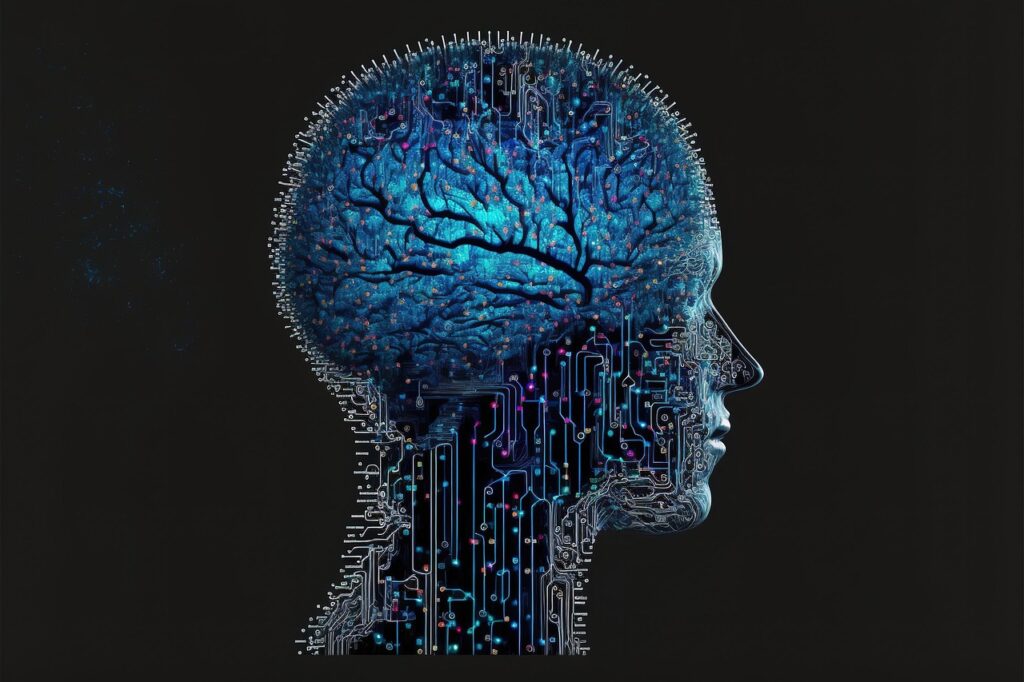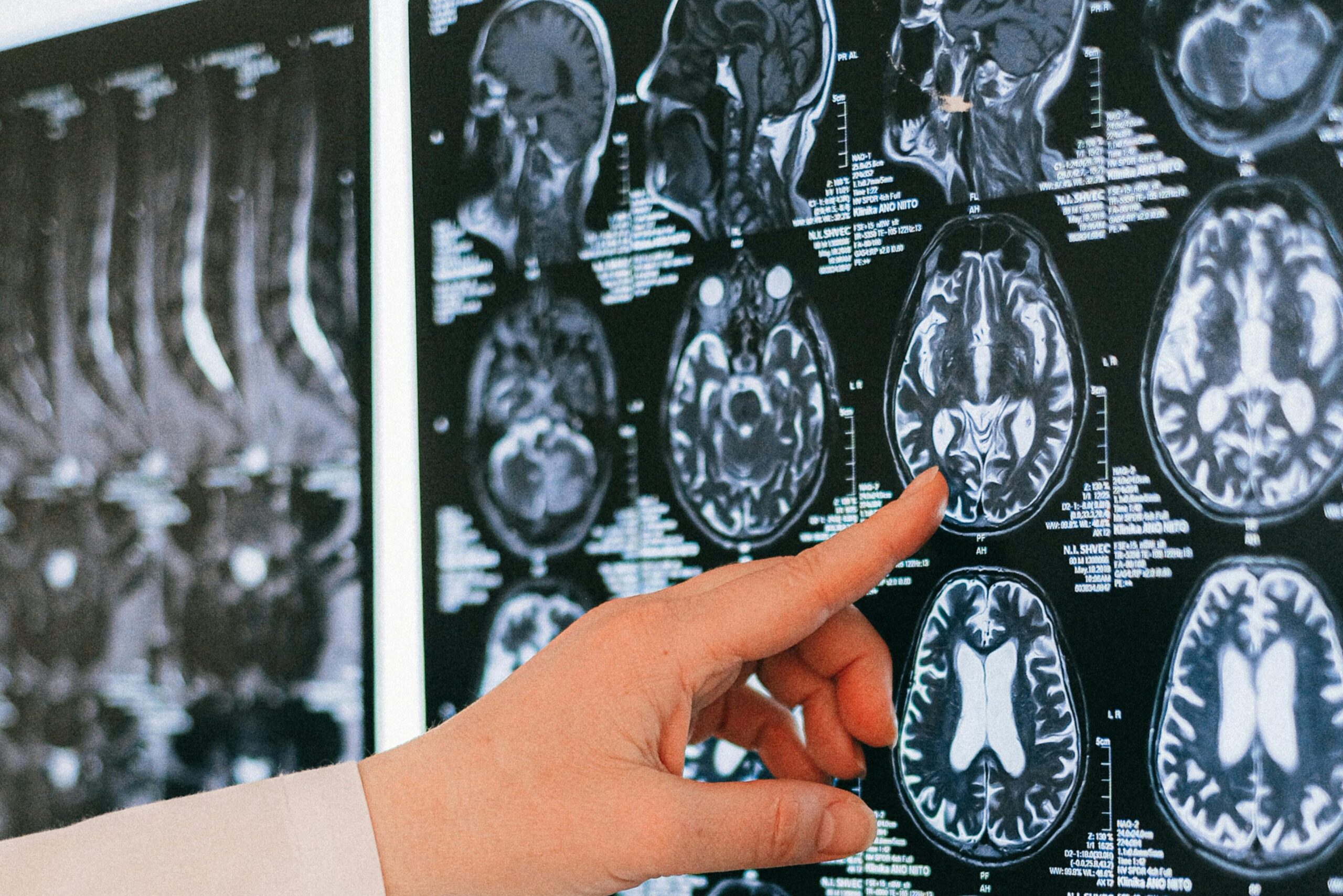🌟 Breakthrough Discovery: Protein That May Reverse Brain Aging

📅 Published: August 20, 2025
Imagine a future where aging doesn’t automatically mean memory loss or mental fog. Thanks to a groundbreaking study from the University of California, San Francisco (UCSF), that future might not be so far away. Scientists have identified a protein that appears to control the aging process in the brain—and reducing it could actually bring back youthful brain function.
🧬 Meet the Protein: FTL1 – The Aging Switch

The protein in question is called Ferritin Light Chain 1 (FTL1). Researchers discovered its surprising role while studying how aging affects brain cells.
✨ Here’s what they found:
- Older brains = high FTL1 → Mice with more FTL1 showed weaker memory and fewer connections between neurons.
- Reducing FTL1 = younger brains → Lowering FTL1 in aged mice restored memory and rebuilt neural connections, almost like turning back the clock.
- Young brains + extra FTL1 = early aging → When scientists boosted FTL1 in young mice, their brains started behaving like those of much older animals.
This makes FTL1 more than just a marker of aging—it may actually drive the process.
💡 Why This Discovery Is a Game-Changer

For years, scientists have been searching for ways to fight brain aging. Most discoveries only aim to slow down the decline. But this study showed something even more exciting:
👉 Lowering FTL1 didn’t just slow brain aging—it reversed it.
If these results can be replicated in humans, the possibilities are enormous:
✔️ Helping older adults regain memory and learning skills
✔️ Offering new hope for conditions like Alzheimer’s and dementia
✔️ Extending mental clarity well into later life
This could change the way we think about aging forever.
🔋 The Metabolism Connection

Researchers also discovered another fascinating link—FTL1 affects brain cell metabolism. When brain metabolism slows, memory and cognition take a hit.
But here’s the exciting part:
- Adding natural metabolic boosters like NADH helped counteract the effects of FTL1.
- This suggests that combining medical therapies with nutritional or lifestyle approaches could be key to protecting the brain.
In the future, treatments may not only target FTL1 but also include strategies to keep our brain cells fueled and active.
🚀 What This Means for the Future

Right now, this breakthrough is limited to experiments in mice, but the implications are massive. Imagine a world where:
✨ Age-related memory loss can be rolled back
✨ Neurodegenerative diseases can be slowed—or even reversed
✨ Staying mentally sharp at 80 could feel as natural as it did at 40
Scientists believe targeting proteins like FTL1 could open a brand-new chapter in anti-aging and brain health research.
🧠 Key Takeaway
The discovery of FTL1 has given scientists a new roadmap for reversing brain aging. While still in early stages, this research shows that aging may not be a one-way street. With further studies, we could soon have treatments that restore youthful memory, clarity, and focus—even later in life.
WHAT’S YOUR THOUGHT , IS IT POSSIBLE IN FUTURE?
FOR MORE HEALTH AND RESEARCH UPDATES FOLLOW “HEALTHYHUNAK“